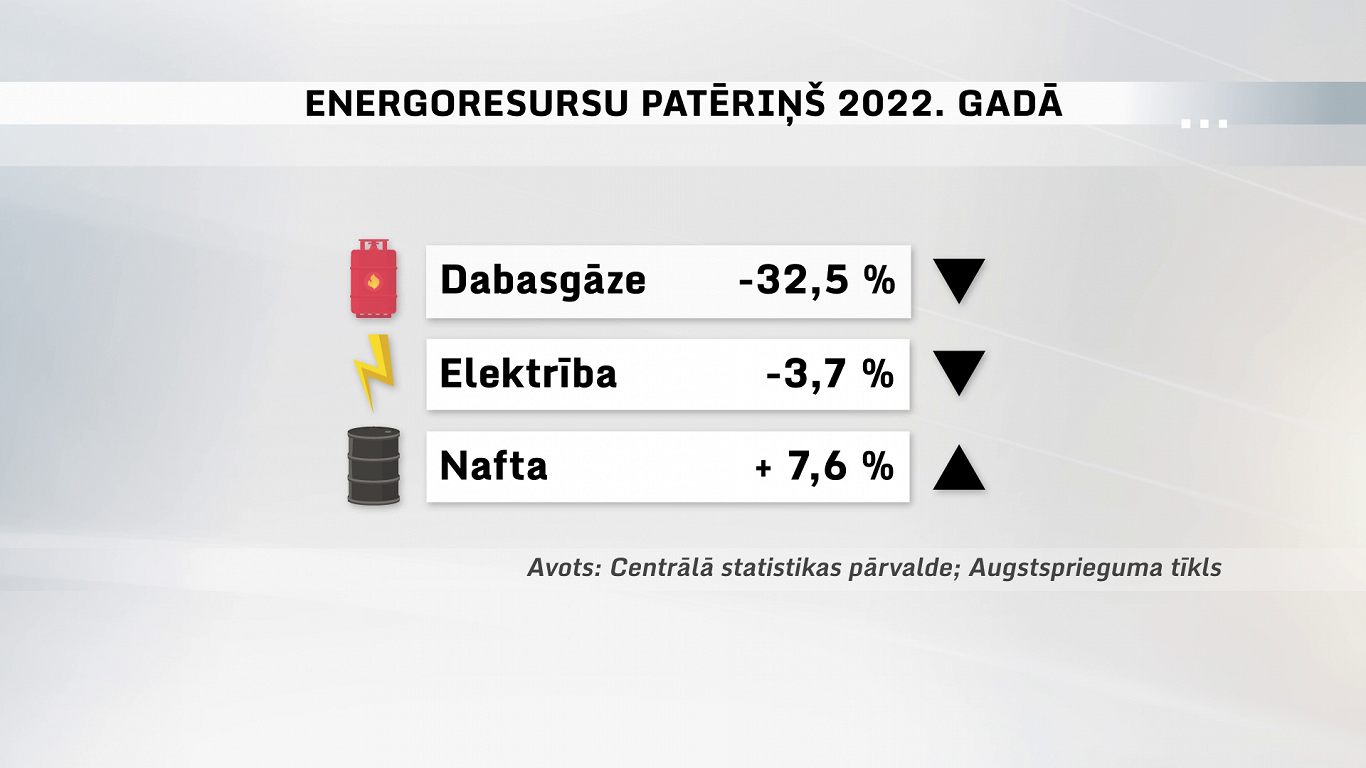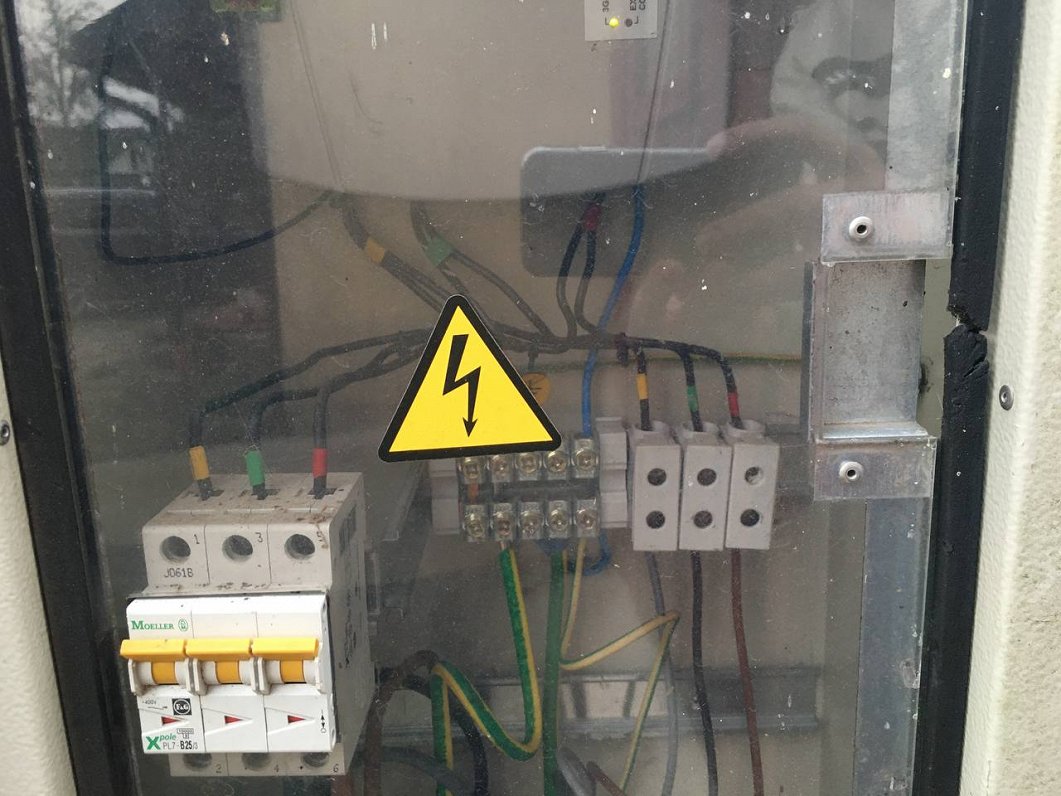At the start of Russia's invasion of Ukraine, energy prices reached unprecedented highs this year. This is what many households and businesses have been encouraging to save resources.

In terms of energy resources, the largest decrease is observed for natural gas – in the first 11 months of this year, a decrease of over 30% in Latvia compared to last year's period.
The decrease in total consumption is observed also for electricity – from January to November consumption was 3.7% less than last year at this point. The total oil consumption in the country increased by 7.6% in 10 months this year. However, despite this, retail oil consumption was slightly lower than last year, the Latvian Fuel Traders Association pointed out.
Ojars Karčevskis, Chairman of the Association Board, said: “Consumption is the same as in the previous year, with a slight tendency to fall in retail sales, from one to two percent, and with an increase in furnace fuels, fuel for electricity production. But overall it could be said – a similar year as the previous one.”
Latvia is among the leaders in the European Union this year in the decline in natural gas consumption, trailing only Finland, according to Eurostat. The decline in consumption is influenced by a variety of factors: both the relatively warm weather conditions and the measures already undertaken in previous years to switch to alternative energy sources, as well as the price of gas.
Latvenergo sales director Uldis Mucinieks noted: “In the long term, what I would like to mention more – we will see the still shrinking trend in natural gas, but it is likely that the share of natural gas that will move to electricity will grow. Because electrification is where both the entire economy and the energy system as a whole are moving."
Active installation of solar panels has also contributed to the reduction in electricity consumption, the electricity consumption of which is not counted immediately by the owners in total national consumption.
At the end of 2022, one in fifty kilowatt-hours consumed in Latvia is produced by solar panels.






























